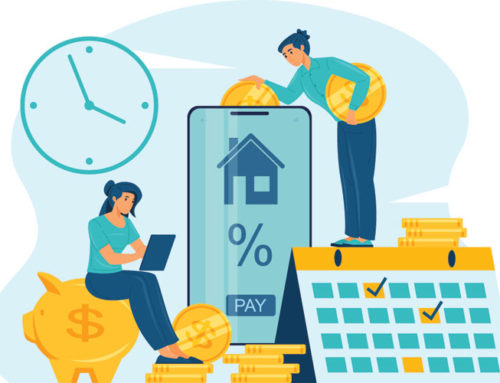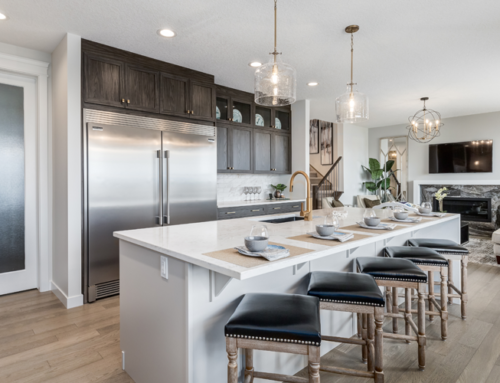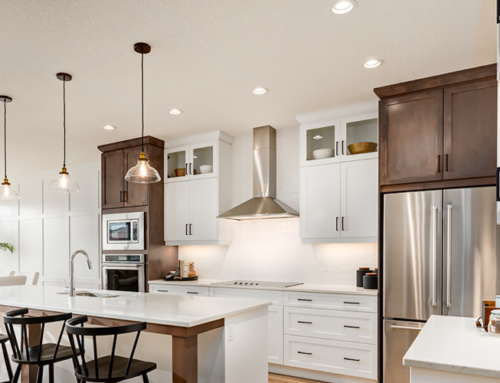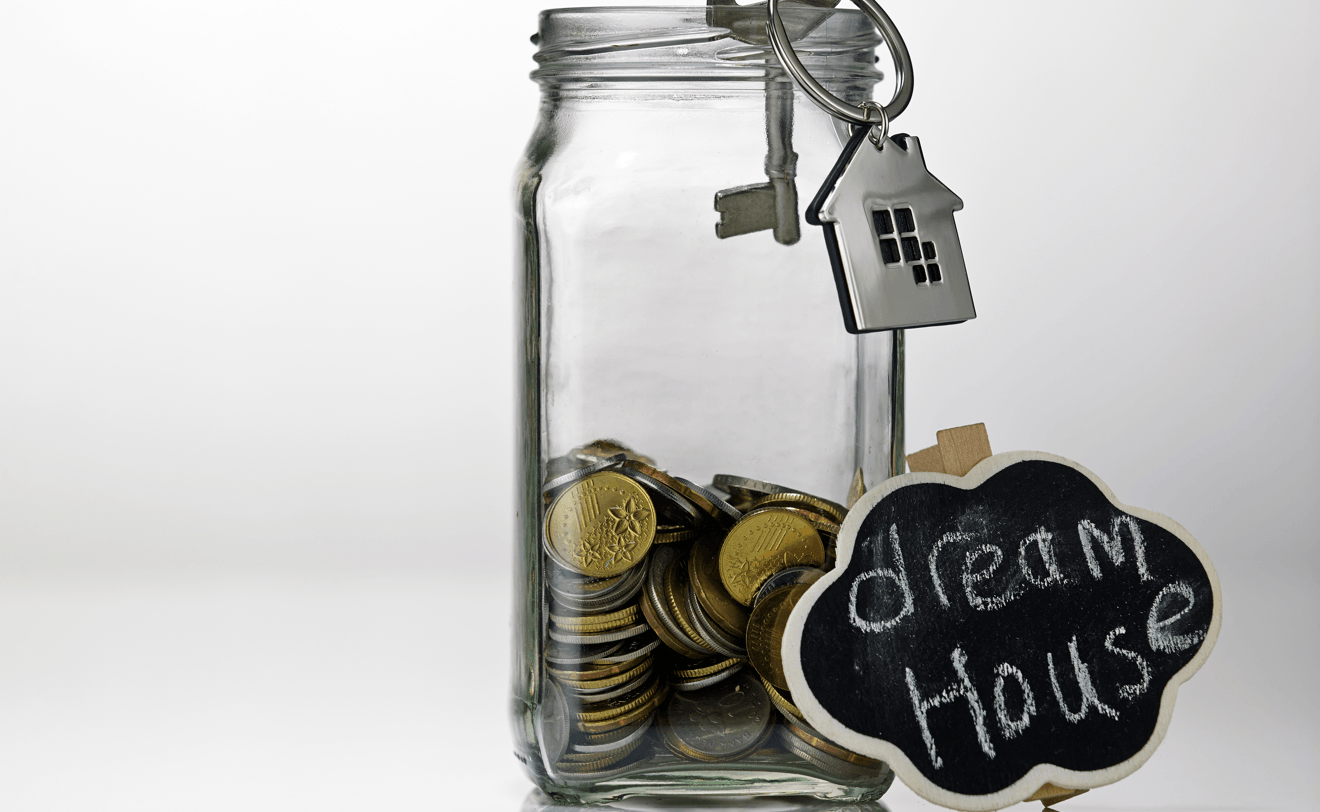 We understand that as a first-time time home buyer, coming up with your down payment can be hard. A recent real estate report shows most people in Calgary are looking at homes in the $495,00 range, which means you’ll need to come up with at least $24,750 for the down payment (based on Canadian mortgage rules requiring you to have at least 5%). What should you do if you don’t have that kind of money? We have some ideas!
We understand that as a first-time time home buyer, coming up with your down payment can be hard. A recent real estate report shows most people in Calgary are looking at homes in the $495,00 range, which means you’ll need to come up with at least $24,750 for the down payment (based on Canadian mortgage rules requiring you to have at least 5%). What should you do if you don’t have that kind of money? We have some ideas!
1. Family
This may not be ideal for everyone, but it’s a place to start! The benefit in ‘borrowing’ from a family member is that you may have more flexibility in terms of repayment and (hopefully) no interest. The catch to this method is that it has to be an actual gift to you, not a loan. If you receive money from a family member, the bank will ask for written confirmation that you don’t need to repay the money (even if you intend to over time).
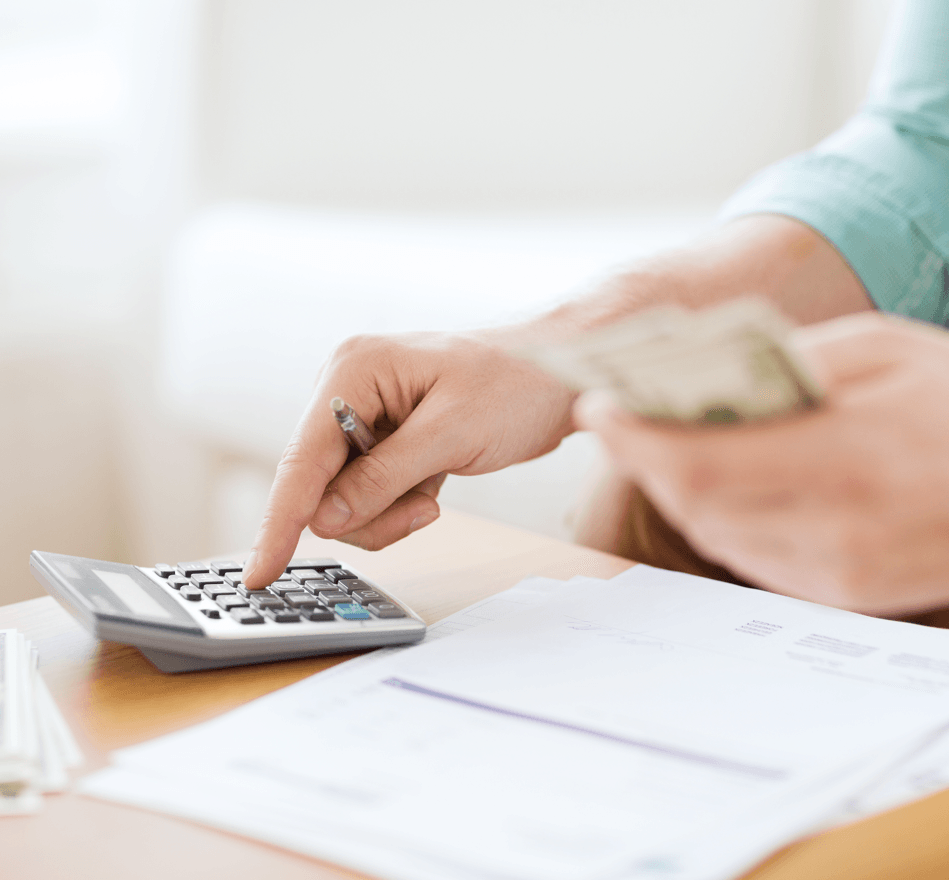 2. Tax-Free Savings Account
2. Tax-Free Savings Account
Have you been taking advantage of a tax-free savings account throughout the years? While you may have been planning to use that money for your retirement, it’s perfectly acceptable to use this money for a down payment on your home. The best part is, there’s no tax implications for doing so.
In many cases, you also have the ability to repay your ‘loan’ within a year – making this a great idea if you’re expecting a work bonus or raise in the upcoming months.
3. The Home Buyers’ Plan
Through the Home Buyers’ Plan, Calgarians are able to borrow as much as $25,000 from their RRSPs. Better yet, if you’re purchasing as a couple, this could give you up to $50,000 to use as your down payment. You will need to pay this money back within 15 years, so be sure to plan for this additional expense in your budget. Fortunately, repayment starts the second year after you get your mortgage, so you don’t have to worry about it as you adjust to your new home and situation.
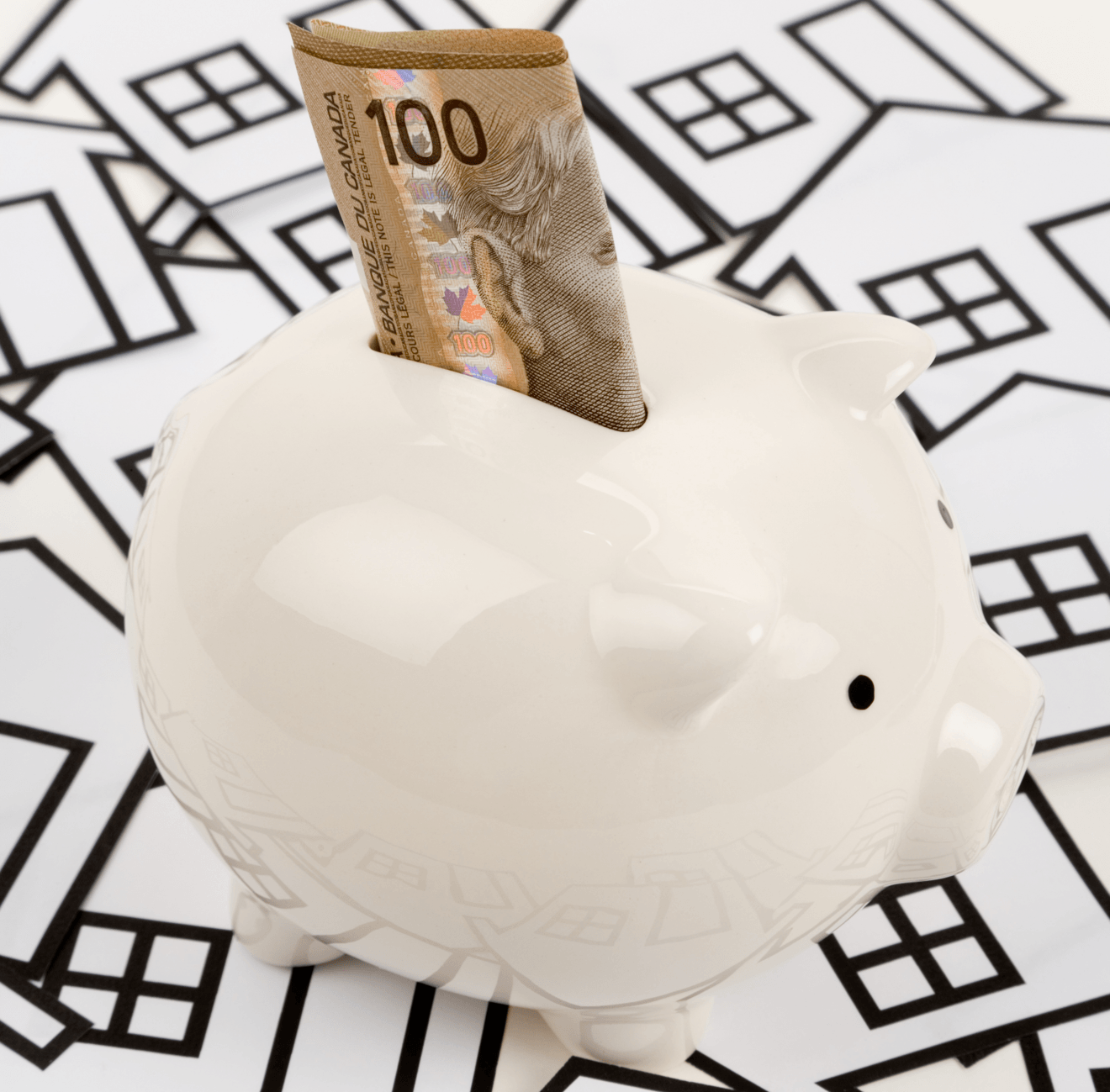 4. Regularly Saving
4. Regularly Saving
If all else fails, slow and steady wins the race. You might not be able to buy your dream home now, but if you make an effort to save a couple of hundred dollars each month, you’ll eventually have the money you need for your down payment. For example, if you put $500 a month away in savings, you’ll be able to purchase a new home in less than four years. This doesn’t even include interest-earning savings accounts, raises, bonuses or other additional funds you may encounter along the way.
Stay focused by having money go into savings automatically, rather than transferring the money yourself. While it can take some time to add up, the satisfaction you’ll get when you eventually move into your home will be well worth the wait.
5. Increasing Your Hustle
If you don’t have family that can help and don’t want to dip into your retirement savings, you may still be able to generate the money you need relatively quickly by looking for additional ways to make money. Sell some of the things you have lying around your apartment and add those ‘earnings’ into your savings account. Take on a part-time job.
If you have in-demand skills, you can probably make more money taking on freelance work than you could getting a job at a local store or restaurant. Remember that $500 we mentioned? Even at $15 an hour, you’d only have to work an additional 8 hours a week to generate the extra funds every month.
Make things even more easy on yourself by finding some creative ways to save. Making your coffee at home, meal planning and using coupons are all great places to start. While this isn’t an instant solution, doing all of these things together could bring you the cash you need in a relatively short amount of time.
Buying a house is one of the biggest decisions you’ll make, so you shouldn’t rush it. There are many ways you can get the down payment you need for the home of your dreams, all you need is a little determination and savings-savviness. Knowing your finances and speaking with a preferred lender can help you choose the path that’s right for you.
{{cta(’64bf0d24-8b24-4a67-9c7b-b5fecd5b03fd’,’justifycenter’)}}


